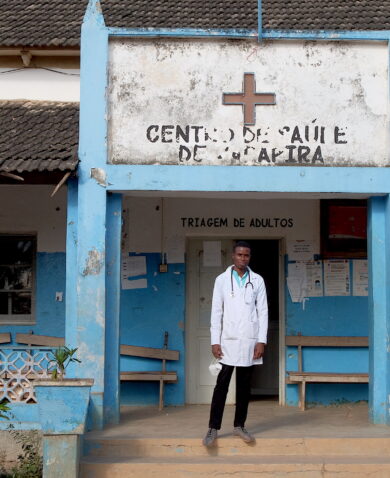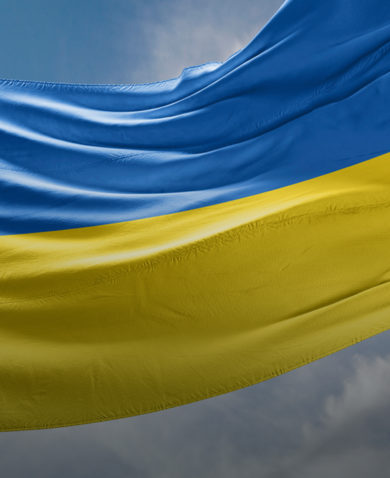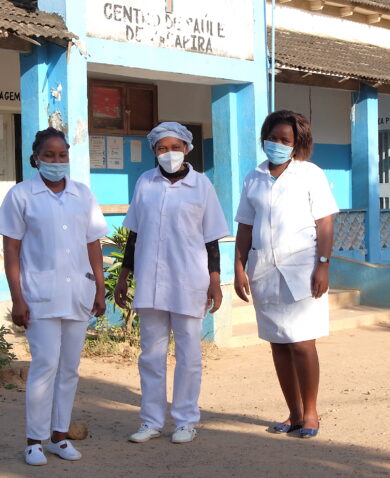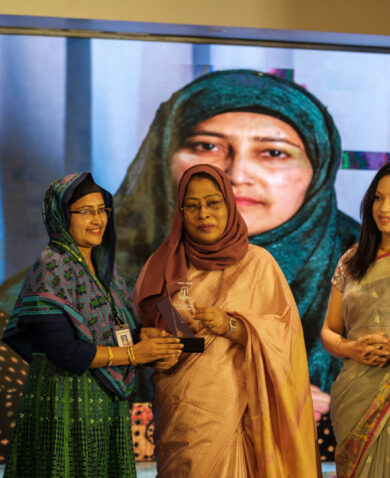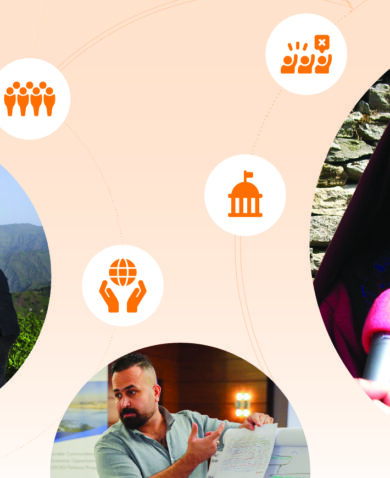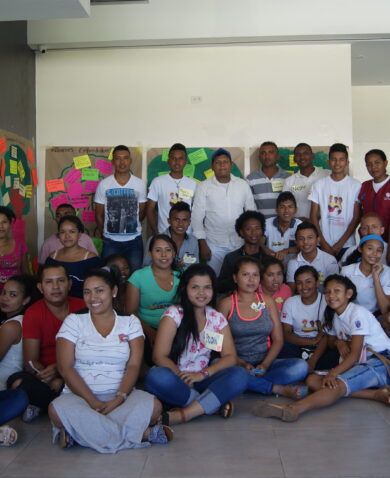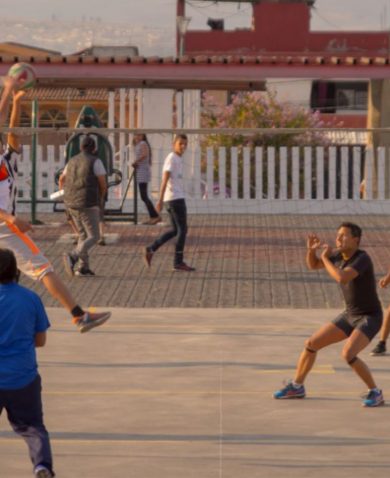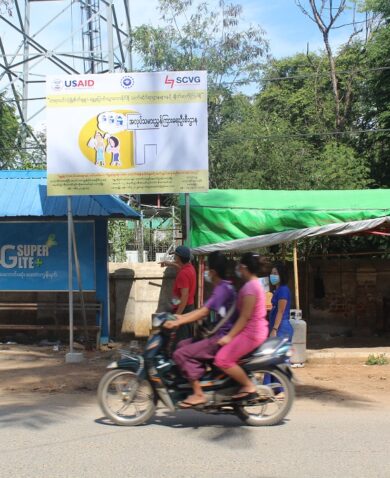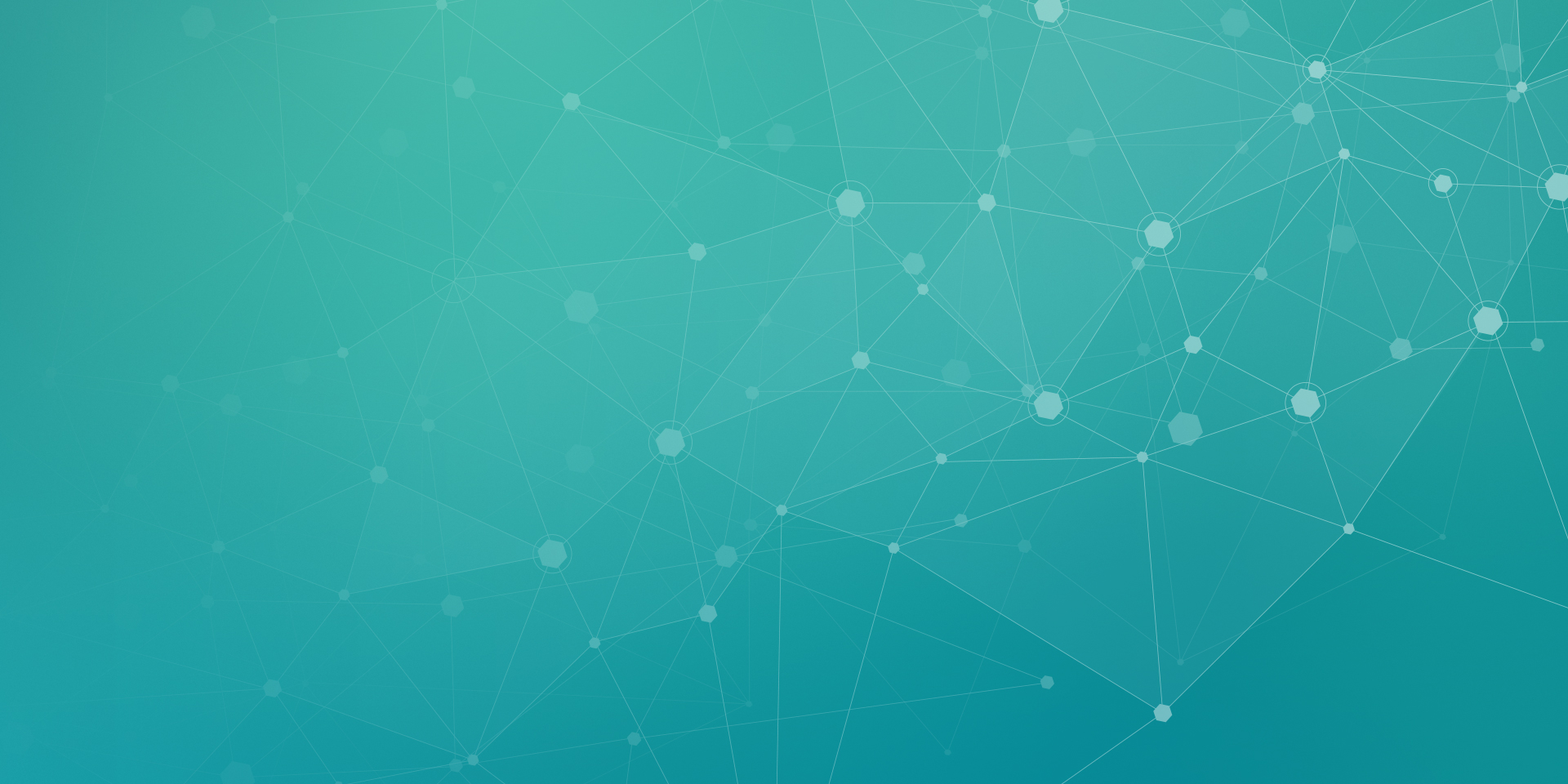
Chemonics News
News: Chemonics Participates in USAID DRG Partners’ Forum
June 27, 2014 | 2 Minute ReadChemonics’ Sharon Van Pelt joined other civil society experts to discuss long-term trends in civil society around the world and the future of civil society strengthening.
After decades of expansion, the space for civil society is closing in many parts of the world as governments adopt increasingly restrictive measures against civil society organizations (CSOs). This year’s USAID Democracy, Human Rights and Governance (DRG) Partners Forum, which took place June 19 to 20 in Washington, D.C., brought together leading civil society experts from across the development community to discuss the challenges this presents for aid organizations promoting democracy and governance.
Chemonics Director Sharon Van Pelt, who worked on some of USAID’s earliest civil society projects in the 1990s, was one of several experts invited to present on the forum’s closing panel, “Lessons from Two Decades of Promoting Civil Society,” moderated by David Yang, deputy assistant administrator of USAID’s Bureau for Democracy, Conflict and Humanitarian Assistance. Other panelists were Shawna Bader-Blau, executive director of the Solidarity Center; Marjorie Rouse, vice president of programs at Internews; Lindsay Coates, executive vice president of Interaction; and Mark Bromley, council chair of the Council for Global Equality.
Panelists discussed the most significant changes to the civil society landscape over the past two decades and how they are likely to shape the future of civil society work. They agreed that although CSOs are multiplying and becoming increasingly important non-state actors influencing public policy, representing constituents, and holding government accountable, the current backlash of closing spaces and increased government controls threatens to erode advances. Panelists expressed a need for the development community to be resolute in its work, using international conventions, web-based platforms, and other means to create a sustained critical mass of support for civil society.
Ms. Van Pelt pointed out that to strengthen civil society in the face of this backlash, the development community needs to branch out and work with CSOs across a broader segment of society. The usual recipients of donor support — national CSOs based in capital cities — do not always represent the needs and issues of rural areas. Helping national CSOs build stronger local constituencies, as well as working with more local CSOs, will help ensure that civil society better reflects and meets citizens’ needs in the future.
Ms. Van Pelt also drew attention to the fact that building the capacity of individual CSOs is not enough. The future, she said, lies in looking at the broader ecosystems in which CSOs operate and strengthening CSO networks. Network strengthening involves much more than “IT connectivity” through social media. It involves promoting more direct communication, information sharing, and joint activity implementation for greater “people connectivity.”
“I think we need to look deeper into the fabric of society, involving non-traditional actors and finding more creative means to create resilience against the current backlash. We need to bring a broader perspective to our work,” she said.







